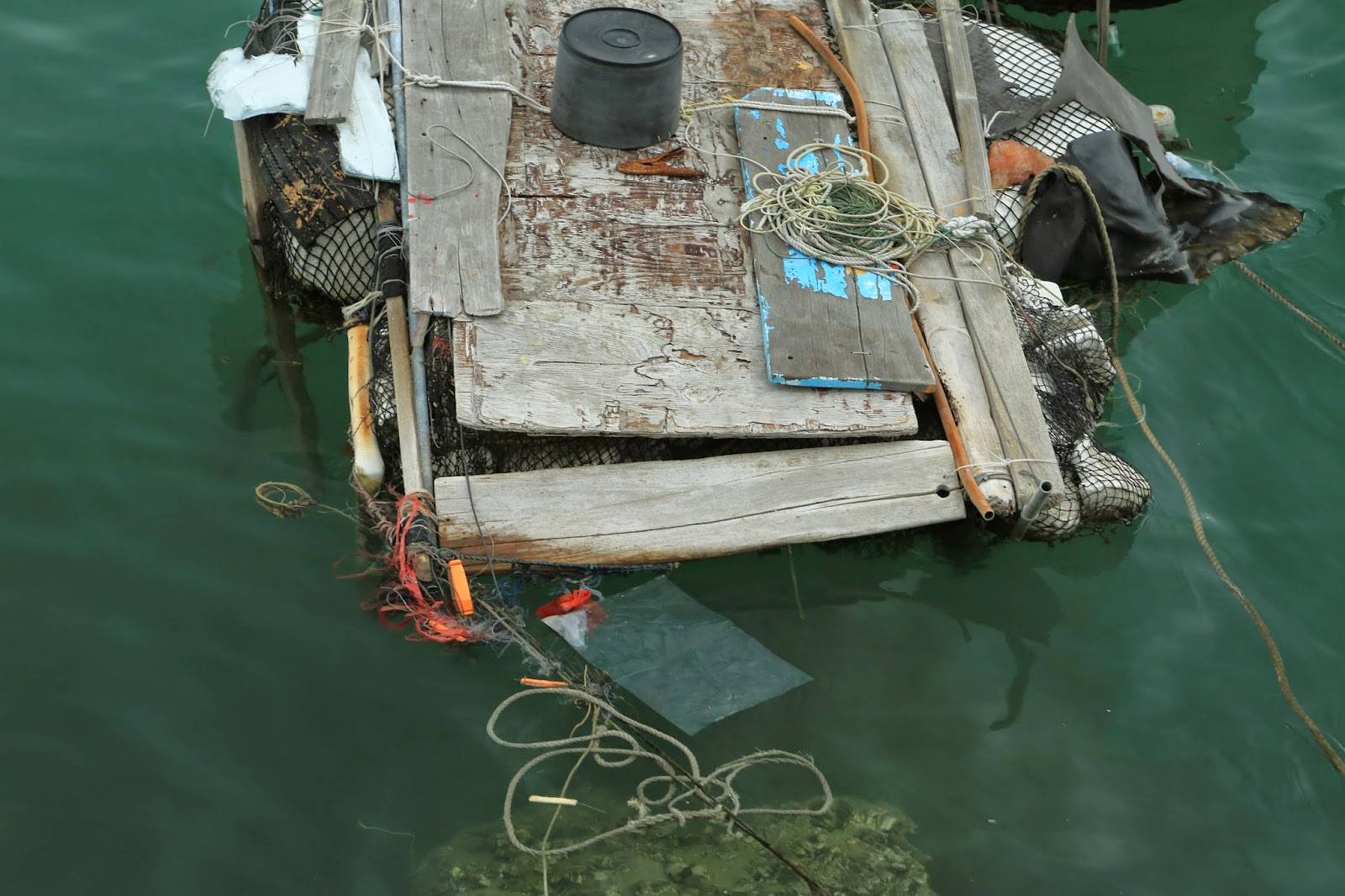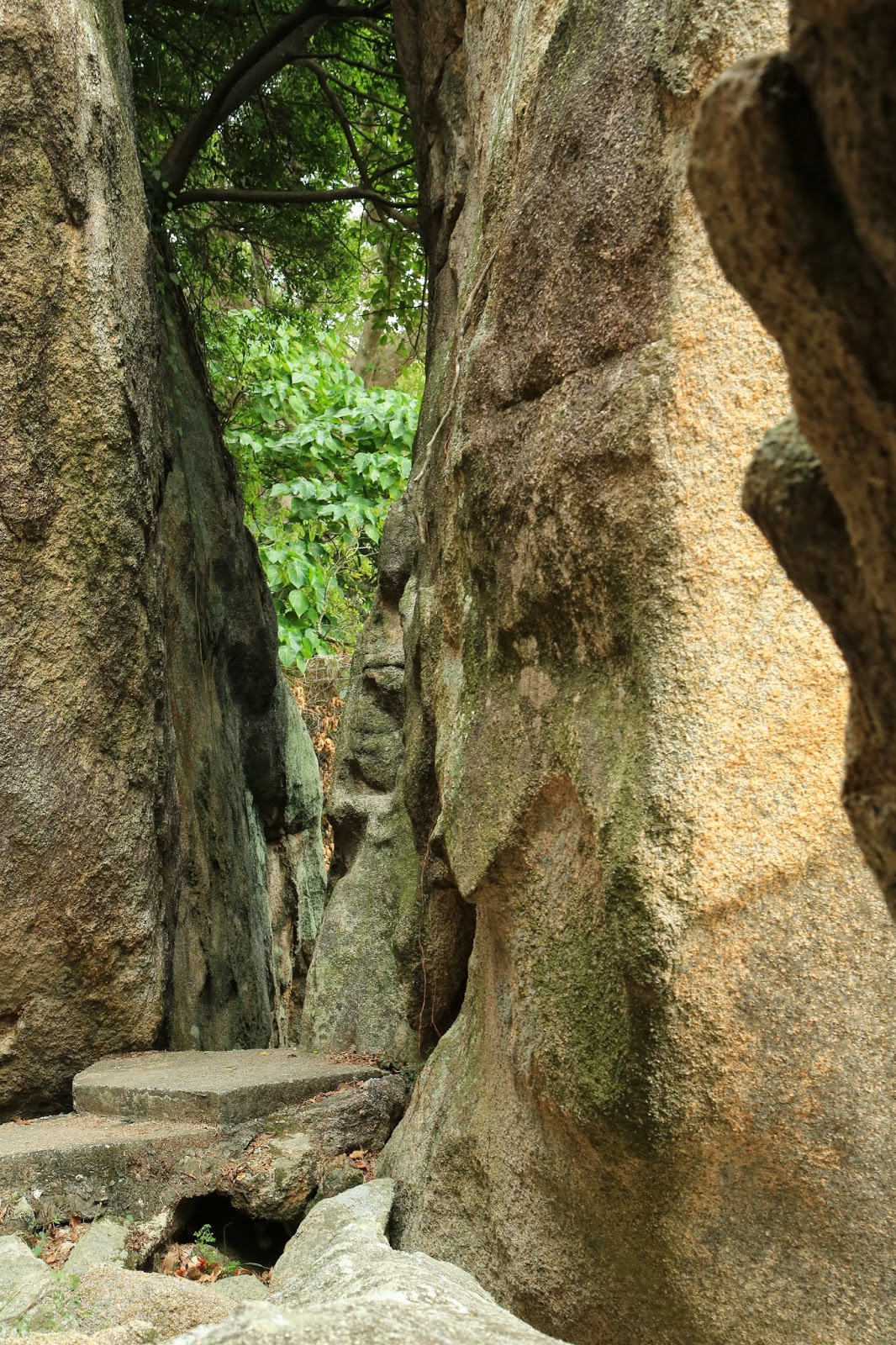Hong Kong may not be the best city in the world to live in. Our urban areas are severely overcrowded. But for the same reason, we can afford a fast and efficient mass transit system and have no trouble getting to a shop or a restaurant within 5 to 10 minutes from where we live or work. We also got a government which is determined to let us have freedom to trade, freedom to do business, freedom to speculate, freedom to move in and out of the territory, freedom to worship, freedom to speak and write but unfortunately no freedom to elect our Chief Executive ("CE") and must indirectly choose our CE through a narrowly screened "electoral committee" from a list of two or three candidates approved by Beijing. Fortunately, we still got a relatively robust and independent judiciary as yet free from meddling by the executive branch of our government. But we do have some compensations given to us by Nature in the form of our outlying islands with many relatively well maintained country trails which are easily accessible through our ferry services.

It's always a joy to ride on one of the fast or slow boats to Cheung Chau, a small outlying island shaped like a pair of dumb bells, a kind of island called a "tombolo", formed by two former tinier islands joined together in the middle by a sand bank.
We can have an unrestricted view of our beautiful harbor.
Once we're ashore, we got lots of choices of "tai pai tongs" (cooked food stalls) for having rice porridge with all sorts of yummy ingredients: fish belly, pork slices, pork balls, beef slices, beef balls, pigs liver slices, cuttefish strips, served piping hot with rolled up rice noodles (popularly known as "pig intestine" noodles) in lard, soya sauce, sweet bean paste or chilli paste or sesame paste or sprinkled with a light cover of fried sesame seeds, with or without deep fried crispy rolls (commonly called "fried foreign devils"), saltish deep fried doughnut( popularly known as "salty fried cake"), or a bigger deep fried double-roll doughnut (popularly called "ox-tongue cake") or deep fried sweet glutinous rice paste cake liberally covered with sesame (aka "fried lump") .
stalls selling refrigerated desserts.
There are all sorts of small cafe-restaurants with very original and personalized decorations, like this tiny coffee shop.
Close by the shore are moored all sorts of fishing boats and shrimp trawlers
For getting ashore, the fishermen rely on these smaller wooden sampans called by the colorful name of "mellon peel boats", some of which are now built or covered over with a layer of fibre-glass.
Many locals love to plant flowers outside their homes
Because of they got unrestricted access to the sun, the flowers love this island.
The fishermen are frugal and resourceful people. They never waste anything. They recycle used planks, foams and old fish nets for building such improvised rafts.
This is the path leading to the famous pirate's enclave called "Cheung Po Chai Cave" at one end of the island
Not far from the Cheung Po Chai Cave is a tiny cove
Opposite to the cove is the time-sharing holiday home site of "Sea Ranch" on Lantao Island
Another view of the cove looking out on the open sea.
Part of the shore is sheltered by a ring of sub-tropical bushes
Approaching the cove
The deserted beach is already visible.
The beach is so clean and its water so clear
This is the path from the Cheung Po Chai Cave leading to the beach
I can never have enough of looking at leaves. I adore their vibrant color.
More leaves
The way back to the pier, signaling the end of a few hours' respite from the assaults upon my eardrums by the non-stop cacophony of people talking loudly in the streets, in the restaurants, in public transport, the blare from their radios, the loud noises blurting out from a pair of low-grade speaker playing sales puff or what the store owners thought was "music" from cheap all-in-one box set CD, digital recorder and amplifiers with boosted-up basses, or the annoying ringing tones from passers-by's mobiles, the honking of impatient drivers, the rumbling of passing trains, the dull whir of the motors running or the tiny hollow sounding explosions as they accelerate, the heavy thumping of never-ending piling work, the screeches of winches which hadn't been properly oiled as loads are lifted ....instead of the soothing sound of the waves washing the shores.

























